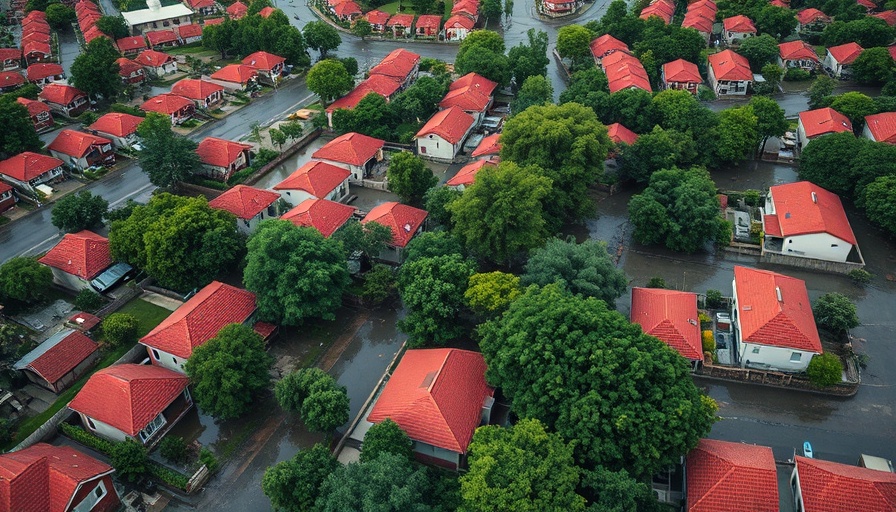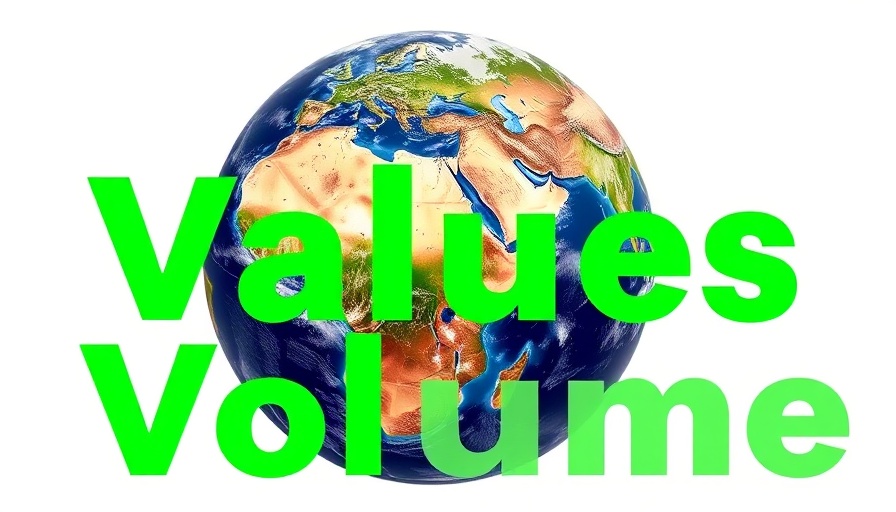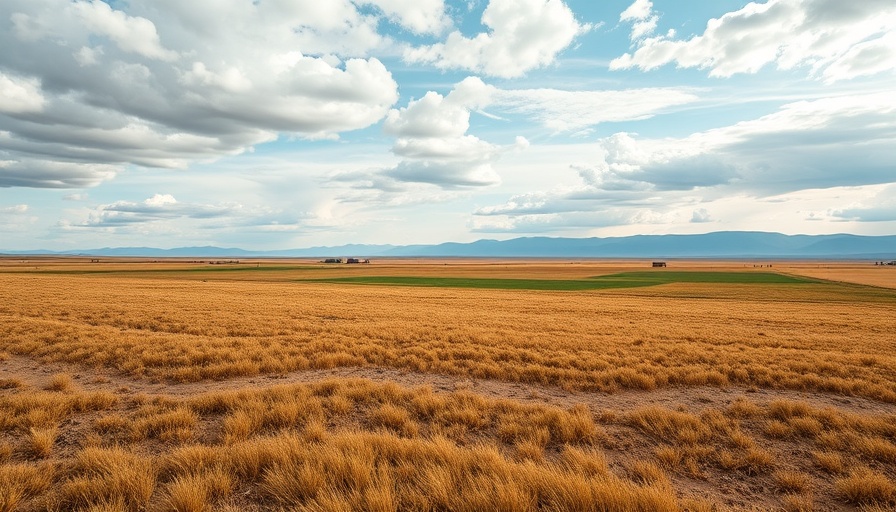
Understanding Climate Refugees and Luxury Expats
In today’s rapidly changing world, the issue of migration is becoming increasingly complex and layered. On one side, we have climate refugees—individuals who are forced to leave their homes due to environmental crises like extreme weather events, rising sea levels, and polluted air. On the other, luxury expats, often wealthy individuals relocating to enhance their lifestyle for personal or economic gain. The stark contrast between these two groups raises important ethical questions about migration in the context of climate change.
The Dreadful Effects of Climate Change
Climate change isn’t just a future problem; it’s a current crisis affecting millions globally. The Internal Displacement Monitoring Centre reported that in 2020 alone, over 20 million people were displaced by climate-related events. For instance, regions like low-lying Pacific Islands are witnessing entire communities vanishing beneath rising tides, while in places like South Asia, floods and droughts annually uproot families. Unlike luxury expats who choose to relocate based on convenience, many climate refugees have no choice but to leave as their homes become uninhabitable.
Where Luxury and Necessity Meet
The crux of the matter lies in the reasons behind these migrations. Luxury expats, often celebrities or wealthy business professionals, relocate to places like Monaco for its tax benefits or to areas like Switzerland for its serene landscapes and top-notch healthcare services. They have the privilege of choice—often selecting places famed for their luxurious amenities and lifestyles, distancing themselves from the struggles of the masses. This is starkly different from climate refugees, who actively seek safety from climate devastation.
Global Destinations: A Look at Migratory Patterns
Countries that attract climate refugees like Canada, Australia, and New Zealand are often praised for their environmental initiatives and quality of life. In Canada, cities like Toronto provide universal healthcare and robust environmental protections, while New Zealand offers low pollution levels and sustainable living practices. In stark contrast, luxury expats are drawn to countries primarily for economic opportunities and a high standard of living, thus highlighting an evident dichotomy.
The Ethical Implications of Migration
As individuals contemplate relocation, they must confront the ethical ramifications of their decisions. Should luxury expats be conscious of their displacement of less privileged groups? In migration discussions, acknowledging the realities that climate refugees face compared to the voluntary choices of wealthy individuals can inspire deeper understanding and compassion. It prompts us to reflect on how migration can be a tool for survival for some, but a comfort for others.
Emotional Human Interest Stories
Consider the story of a family from Bangladesh who, after years of flooding, have lost everything to climate change. In sharp contrast, a wealthy businessman from a Western country purchases property in the same region, transforming it into a high-end resort. The family searches for a new home in a safer country, while the businessman capitalizes on the growing tourism market. These narratives bring to life the harsh realities of climate-induced migrations and invite contemplation regarding the global migration landscape.
Conclusion: Where Do We Go From Here?
The implications of climate change are profound and call for responsible discussion about migration ethics. As the definitions of climate refugees and luxury expats continue to evolve, discussions surrounding sustainable travel must step into the limelight. What can we do as travelers and global citizens to ensure that our choices are ethical and sustainable?
Finding ways to support climate change adaptation and uplifting communities will create pathways for coexistence between different migratory experiences. By prioritizing ethical travel and understanding our impact on others, we can cultivate solutions that embrace both sustainability and humanitarianism. Explore ways to travel responsibly and support sustainable initiatives wherever you venture, ensuring that everyone's journey is honored.
 Add Row
Add Row  Add
Add 




 Add Row
Add Row  Add
Add 

Write A Comment